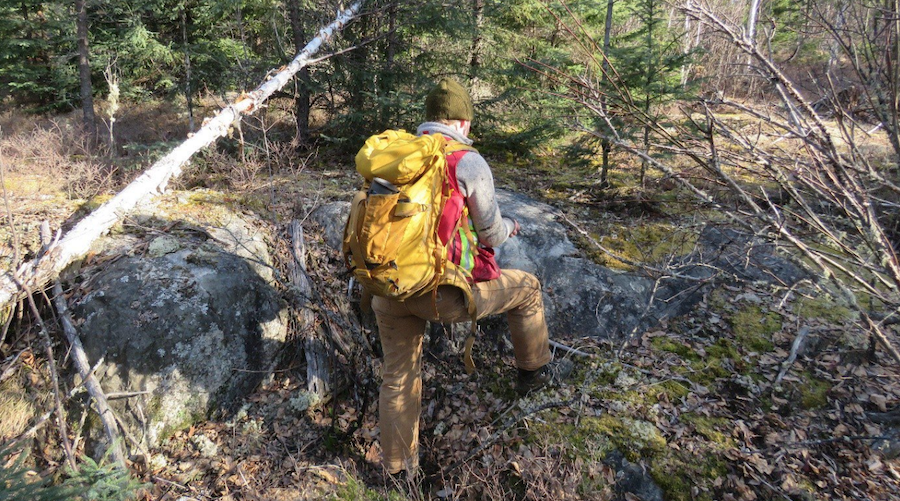Great Bear reports wide, shallow gold intervals from the LP fault

Great Bear Resources has reported assays from 10 drill holes completed along the LP fault at the company’s wholly owned Dixie gold project, in Ontario’s Red Lake district, which returned broad intervals of near-surface gold mineralization. The company continues to hit gold on 50-metre to 75-metre sections along a 5-km strike of the 18-km LP fault zone at Dixie.
The drill highlights include 39.8 metres of 4.61 g/t gold starting at 117.2 metres and 63.6 metres of 3.22 g/t gold from 221.6 metres in hole BR-166; both intervals include higher-grade sections, such as a high-strain zone section, which returned 5.1 metres of 28.26 g/t gold.
A C$21-million, 110,000-metre exploration program is ongoing at Dixie
Drillhole BR-180 returned 1.4 metres of 88.7 g/t gold from 238 metres, within an 18-metre long section of 6.92 g/t gold. The 1.4-metre intercept, from the eastern kilometre of the current 5-km long grid drill program is “the best gold interval to date” from this section of the LP fault. Only 17 holes have been completed along this eastern zone to date.
“These results again demonstrate the exceptional grade potential and predictability of the LP fault’s near-surface bulk tonnage gold mineralization,” Chris Taylor, Great Bear’s president and CEO, said in a release.
A C$21-million, 110,000-metre exploration program is ongoing at Dixie. All of the 172 drill holes completed into the LP fault to date have returned gold mineralization.
There are two exploration targets at the 91.4-sq.-km Dixie property: mafic-rock hosted high-grade gold in quartz veins and replacement zones at the Dixie Limb and Hinge and Arrow zones as well as felsic sediment and volcanic-hosted high-grade disseminated gold with broad envelopes at the LP fault.
(This article first appeared in the Canadian Mining Journal)
{{ commodity.name }}
{{ post.title }}
{{ post.date }}




Comments